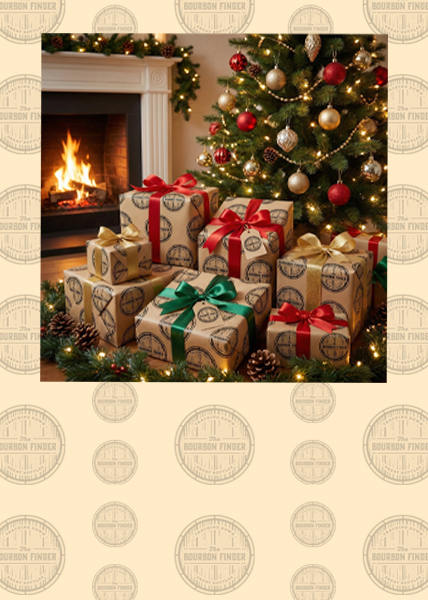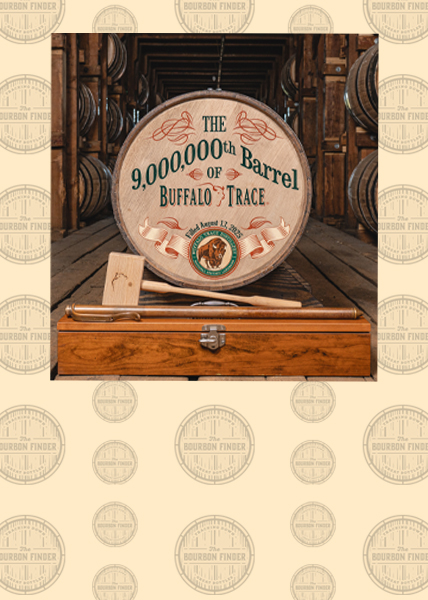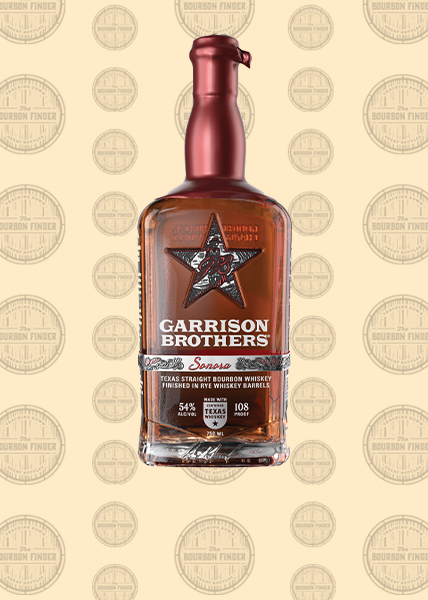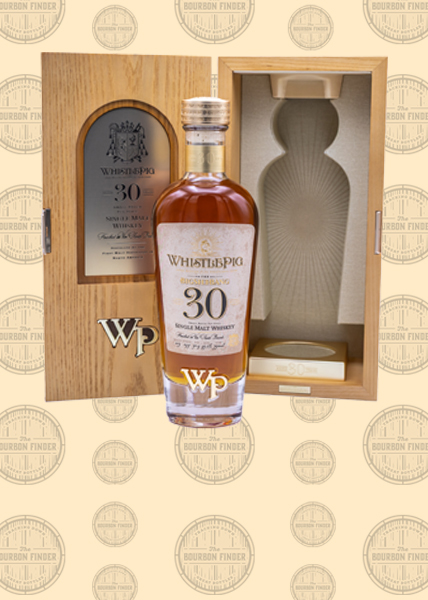What is the Best Bourbon?
This is a question that I’m asked almost every time I’m sharing a pour of bourbon with a friend or family member. It’s a valid question–and is one that may sound simple at face value–but ends up being much more difficult to answer than you may think. Each time I’m asked this question I dig back through my mental archives of great pours, remarkable bottles, and the experiences associated with them to try and come up with the one true answer for them…and the ensuing conversation seems to end with a combination of failure and success each time.

Photo: Buffalo Trace Distillery
WHAT MAKES A GOOD BOURBON?
I’ve discussed Bourbon with friends, family, and acquaintances more times than I can count. It would be fair to think that, by now, I’d have an answer to some questions that seem basic. Questions like “what makes a good bourbon” or even “what makes this bourbon better than that one?” can be answered easily, but at the expense of clarity.
As an example I could simply reply “This one tastes better to me, so it’s technically better.” and I would be telling the truth, but it would feel like a cop out. My opinion is exactly that–my opinion. A bourbon (or vehicle, or cut of meat, etc.) is not objectively better because I think it is, and there begins the unraveling of the initial question. How could one bourbon actually be better than another? Spoiler: most of the time…it can’t.
As with any type of analysis, there are factors that must be considered when making comparisons. When it comes to bourbon there are some rules that dictate exactly how our nation’s native spirit can be created–and these help us create some definitions that are both tangible and intangible.
- Bourbon must be made from at least 51% corn.
- Bourbon must be distilled to no higher than 80% ABV (160 proof)
- Bourbon must be aged in new, charred oak containers.
- Bourbon must go into the container at no more than 62.5% ABV (125 proof)
- Bourbon must be bottled at 40% ABV (80 proof) or higher
 The regulations let us know that (among other stipulations) bourbon must be made with more corn than any other grain. This alone tells us that the overall profile will carry flavors from that particular grain, so if corn-based whiskey isn’t something a particular whiskey drinker enjoys, they aren’t as likely to enjoy bourbon. Knowing the broader profile of bourbon helps provide a basic understanding as to what flavors a whiskey drinker may encounter.
The regulations let us know that (among other stipulations) bourbon must be made with more corn than any other grain. This alone tells us that the overall profile will carry flavors from that particular grain, so if corn-based whiskey isn’t something a particular whiskey drinker enjoys, they aren’t as likely to enjoy bourbon. Knowing the broader profile of bourbon helps provide a basic understanding as to what flavors a whiskey drinker may encounter.
WHAT DO YOU LIKE ABOUT WHISKEY?
Not every whiskey drinker begins their journey knowing what they like about whiskey. I think it would be a misstep to assume they know what they like in their earlier days–the same way I wouldn’t expect a beginner to create illustrative notes about nuanced flavors in their whiskey. Simply stating if they like or dislike a product is a great first step to discovering the underlying factors that drive that like or dislike.
Trying traditional bourbons is something I recommend to everyone. While it’s alluring to hit your local liquor store and grab a handful of bottles from the top shelf, it’s likely going to lead a newer drinker to throw money down the drain as they haven’t built a foundation of personalized whiskey knowledge to lean on. This all ties back to the original question of this article if you consider the inherent subjectivity of tasting.
As a whiskey drinker tries more products and begins to establish a clearer understanding of the aromas, flavors, and more detailed components in their whiskey they will likely begin to gravitate toward products under a particular brand/portfolio or distillery. It’s usually at this stage where the question comes up again: “I’ve had ___ and ___. I like ___ but what is the best bourbon out there?”. Now the question is no longer coming out of the dark, so much as it’s coming from the position of someone who wants a silver bullet to their dilemma of what to buy.
This is where the space begins to open up more and there’s room for some fun and experimentation (read: blind tastings and comparisons). Fred Minnick’s Podcast series (The Fred Minnick Show) where he interviews musicians–many of which are casual whiskey drinkers–and works with them to understand flavors and aromas they enjoy so he can pair a bourbon to their palate is a really interesting way to visualize a path toward discovering what you like about whiskey. Hint: discovering what you like is the key to answering the original question of what is the best bourbon.
BUT I CAN’T TASTE WHISKEY LIKE A PRO…
One reason, it seems, folks ask for advice on buying whiskey is because they feel somewhat intimidated or daunted by the tasting notes they read. Now this may be tasting notes on the packaging for a whiskey, it may be from reviews online, or just from chatting with their friends. When I’m asked “What is the best bourbon?” I’m immediately curious what the person enjoys for flavors.
Knowing what you like is the most powerful tool in the whiskey drinker’s toolbox. It will help not only catalog the distilleries and brands you enjoy, but it will also allow you to establish some budget-minded framework for future purchases.
The below video from Weekly Whiskey (with myself and Jay West) describes our collective whiskey journey and the steps along the way that stood out to us, as both whiskey drinkers and reviewers.
HOW MUCH DOES GOOD BOURBON COST?
The adage of you get what you pay for is simultaneously true and false in the bourbon category. While you will undoubtedly pay for good bourbon, your opinion of what is good should be driven by your experience, not the price tag. Good bourbon will cost you money, as will bourbon that, well…sucks. I don’t find joy in bashing products that I dislike, but let’s face it, there are plenty of brands out there pricing their products at a premium to appear to be a better bourbon when they just aren’t. Again, fall back on your experience!
There are products widely available for under $20 that, for me, check off every bit of criteria to be called good bourbon. There are products well over $100 that check the same boxes…but that does not make them inherently better. Having tried widely available products to build that proverbial foundation of bourbon flavors will be your best friend here.
Ultimately you are the only person who knows what you like the most and what you’re willing to spend to have those bottles on hand. Personally I enjoy variety as much as I enjoy the whiskey hobby. Having bottles from a number of distilleries who make products I enjoy allows me to have something of a spice rack on my bar where I can reach for the bottle to suit the mood I’m in, that variance in both price and flavor profile creates value for me.
Final thoughts…
So have I answered the question? Truthfully…no. I don’t believe there is an objective answer. Everyone has a different metric for deciding what is the best item. If you truly believe the only way to have the best product is to spend the most, I’m not going to stand in your way any more than if your vision of the best product is the absolute cheapest one you can find that is still palatable. The best bourbon is the one you like.
I hope that this article has provided a bit of perspective to anyone seeking “the best” bourbon. Bear in mind the subjectivity of a hobby centered around taste, because what you like matters more to you than what someone else likes. Establish your own data set and work from there within your budget. Chasing bottles that I (or anyone else) tells you are “the best” will leave you continually searching for the next best thing.






Leave a Reply